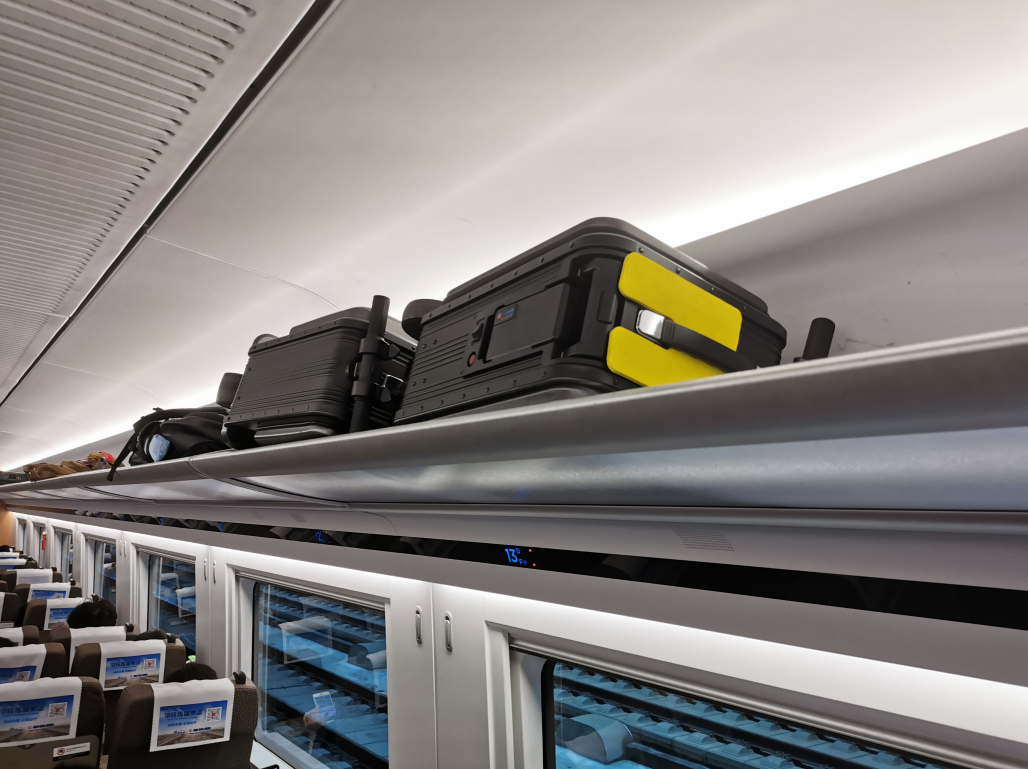The global tourism economy is now showing a steady recovery, with comprehensive and systematic changes in global tourism at many levels, and global tourism will have a better future. But at the same time, people should also rationally recognize that the future recovery of global tourism depends on the global macroeconomic trend, and the uncertainty of the global economy will still affect the outlook of tourism.
Global Tourism Economy Steadily Recovering
- Global tourism to return to pre-epidemic levels of 60-80% by 2022

Total global tourism arrivals reach 9.57 billion in 2022, up 18.9% year-on-year. Recovery to 66.1% in 2019.

Total global tourism revenue reaches $4.6 trillion in 2022, up 21.1% year-on-year Recovery to 79.6% of 2019 before the epidemic.

- Total global tourism revenues recover better than the global economy in 2022
Global tourism is expected to grow faster in 2022 due to increasing vaccination rates, the gradual liberalization of outbreak control measures, and the implementation of strategies to promote tourism recovery.
- Tourism revenues will increase by 21.1% in 2022, up from 19.1% in 2021.
- The global economy will grow by 3.2% in 2022, down from 6.0% in 2021.

- Global tourism recovery expected to be better in 2023 than in 2022
The Report predicts that total global tourism arrivals will reach 10.78 billion in 2023, and total global tourism revenue will reach US$5.0 trillion, recovering to 74.4% and 86.2% of pre-epidemic (2019) levels, respectively.
It also provides a comprehensive overview of the global tourism economy, including in the five major regions, T20 countries, key cities, core industries, tourism enterprises, and more. According to the Report, the global tourism recovery in 2023 will be characterized by five aspects.
- The global economy faces development dilemmas in tourism recovery. Different countries and regions have varying coping capabilities, resulting in different tourism development patterns.
- Tourism post-epidemic recovery focuses on quality and global industry cooperation, as well as improving tourism governance capacity in each country.
- The quality of world tourism recovery in the short term is affected by the level of tourism recovery, inflation, and labor shortage.
- In the medium to long term, the development of the world economy and tourism relies on improving total factor productivity. This includes increasing industry technology penetration, attracting knowledge talent, and implementing intelligent tourism policies and governance systems.
- Innovation will reshape the world tourism landscape and drive further development in the industry.
Tourism Economic Trends Report
The World Tourism Cities Federation released the Tourism Economic Trends Report to promote the recovery of the global tourism industry.
Core Industries: Recovery Process Shows Different Trends

- Accommodation industry: core value and asset-light model
Due to the COVID, the consumer market has experienced a downturn and changes in consumer behavior. Consumers now prioritize the core function of hotels, which is accommodation. Major hotel groups are adopting a light asset model by utilizing franchising and franchise management strategies to reduce capital investment and costs of store expansion. As a result, there will be a greater concentration of hotel brands globally, placing higher demands on hotel companies to enhance their asset-light operation capabilities and brand management.

- OTA: Strong recovery in global market and horizontal expansion of diversified businesses
Expedia, Booing, Ctrip, and other OTA companies are expected to expand their business in 2022, thanks to the recovery of the Asia-Pacific market and the performance of the European market.

- Travel Agencies: Accelerating Service Innovation through Digital Empowerment
Travel agencies are experiencing a surge in service innovation due to digital empowerment. As travel restrictions ease and demand increases, personalized and customized travel services have emerged as a new trend. Service innovation has become crucial for the industry's development, and digitalization plays a vital role in this transformation. Intelligent tourism services are now a key focus for traditional travel agencies seeking to upgrade and adapt to changing market dynamics.

- Theme Parks: Quality Upgrades and Immersive Experiences
Global theme parks are experiencing an overall recovery, although the pace varies across regions. North America leads the way with the fastest recovery, while Asia Pacific and South America lag behind. Theme parks are implementing multiple measures such as strengthening intellectual property (IP), developing intelligent operations, and increasing average customer spending to lower costs and enhance quality. In 2023, immersive experiences will emerge as a new growth driver, as immersive technology expands its application beyond a few top-tier parks and special attractions to a broader audience.

- Museums: Strengthening Educational Functions with a Growing Digital Trend
Amidst significant events in 2022, museums have gradually demonstrated their therapeutic effect, becoming vital platforms for emotional learning and happiness. In 2023, the digital trend in museums will become more pronounced, with digital technology bringing collections to life in the digital era. This trend also helps museums resonate with the younger generation, effectively balancing conservation and utilization.

- Tourism Shows: Visible Recovery and Technological Advancements
The tourism show industry is experiencing visible recovery, accompanied by increased international cooperation. Technological advancements continue to drive tourism performance showing latforms and comfortable, safe environments for their experiences. On the other hand, immersive performances are reshaping traditional stage viewing and becoming the mainstream in tourism performances. Going forward, digital technology will further drive innovation and development in tourism shows.

- Aviation Industry: Steady Revenue Growth, Cost Reduction, and Innovative Business Models
The global aviation industry is gradually recovering in 2022, with total revenue expected to reach 93% of the 2019 level. However, the recovery varies across regions, with the Middle East, Africa, and Asia Pacific lagging behind North America and Europe. Airlines are actively pursuing cost reduction and innovative business models to navigate the industry's challenges.

- Cruise Industry: Collaborative Efforts for Accelerated Recovery, Carbon Neutrality, and Experience Design as Highlights
The cruise industry's recovery demonstrates three trends: accelerated resumption through collaborative efforts among operators, industry organizations, and major destination ports; commitment to achieving carbon neutrality globally by 2050 for sustainable development and reduced cruise ship pollution; and prioritizing unique and enriching cruise experiences to meet the consumption demands of Generation Z and other emerging consumer groups.
Learn More About World Tourism Cities Federation
It is reported that since 2016, the World Tourism Cities Federation has released the World Tourism Economic Trends Report every year, aiming to grasp the global economic pulse towards, deeply analyze the hot issues of the tourism industry, scientifically predict the future prospects of global tourism, so as to provide valuable analysis and suggestions, which has been highly concerned and widely used by the international tourism industry.
Data source: Tourism Economic Trends Report






































Leave a comment
เว็บไซต์นี้ได้รับการคุ้มครองโดย hCaptcha และมีการนำนโยบายความเป็นส่วนตัวของ hCaptcha และข้อกำหนดในการใช้บริการมาใช้